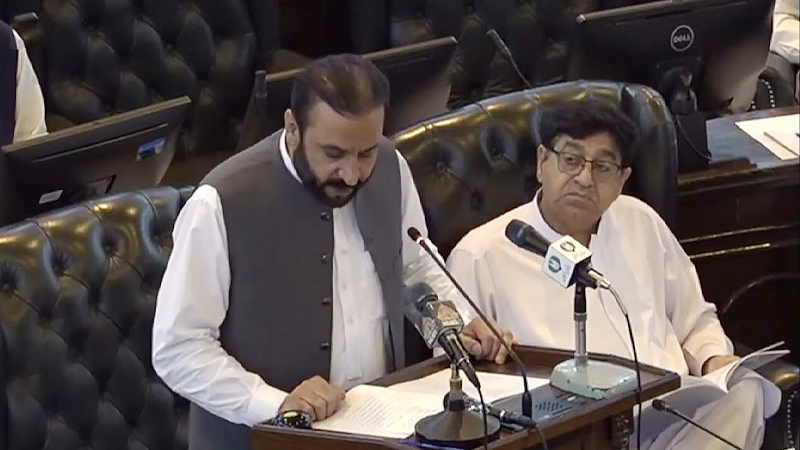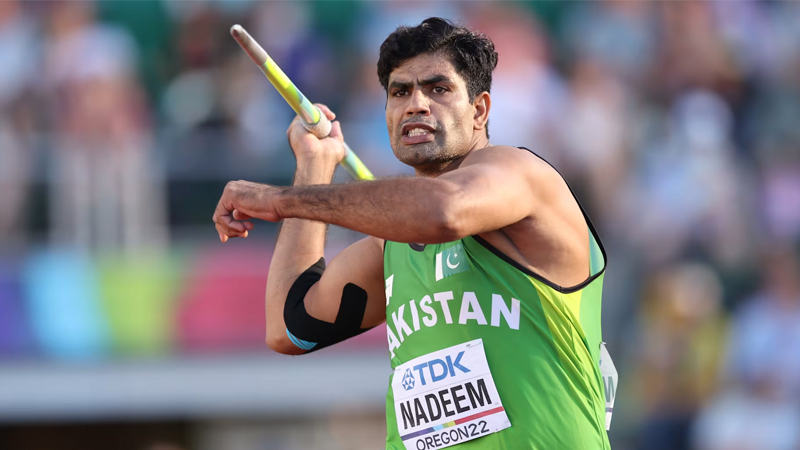In a significant diplomatic move, Prime Minister Shehbaz Sharif, accompanied by Foreign Minister Ishaq Dar, is slated to participate in the World Economic Forum Special Meeting on Global Collaboration, Growth, and Energy for Development, scheduled to be held in Riyadh from April 28 to 29.
The announcement came during an unusual Friday media briefing by Foreign Office spokesperson Mumtaz Zahra Baloch, where she revealed that the invitation to the conference was extended by Saudi Crown Prince Mohammad bin Salman and Prof Klaus Schwab, the founder and executive chairman of The World Economic Forum.
According to Baloch, the event presents a vital opportunity for Pakistan to articulate its priorities on global health architecture, inclusive growth, regional collaboration, and the imperative of balancing growth with energy consumption.
Additionally, Prime Minister Shehbaz Sharif’s itinerary includes a visit to Gambia on May 4 and 5 for the 15th Organization of Islamic Cooperation (OIC) summit. During the summit, Sharif aims to address pressing issues affecting the Muslim world, including the situation in Gaza, the right to self-determination for the people of India-held Kashmir, escalating Islamophobia, and the global fight against terrorism.
Foreign Minister Ishaq Dar will also be actively engaged in diplomatic affairs, participating in the Organization of Islamic Cooperation (OIC) Council of Foreign Ministers in Gambia on May 2 and 3, where he is expected to hold discussions with counterparts from other Muslim-majority nations.
In addition to these international engagements, the Foreign Office spokesperson emphasized the ongoing progress on the China-Pakistan Economic Corridor (CPEC), highlighting its significance for bilateral cooperation and regional connectivity.
Furthermore, recent diplomatic exchanges with Iran were noted, with President Hassan Rouhani’s visit to Pakistan from April 22 to 24 fostering discussions on cooperation across various domains. The spokesperson reiterated the strong bilateral relations between Pakistan and Iran, particularly in their shared stance on condemning Israel’s actions in Gaza and advocating for an independent inquiry.
Addressing regional concerns, Pakistan reaffirmed its stance on the disputed status of Jammu and Kashmir, calling for international attention to the human rights violations in the occupied region.
In conclusion, Pakistan’s diplomatic efforts underscore its commitment to advancing its foreign policy agenda, promoting peace, and advocating for justice on both regional and global platforms.











Leave a Reply